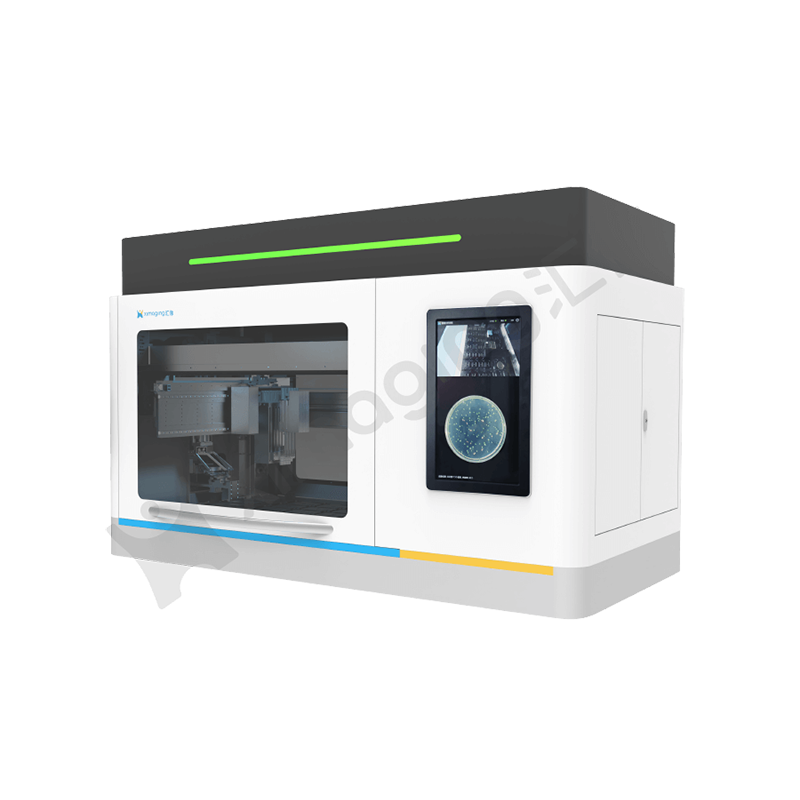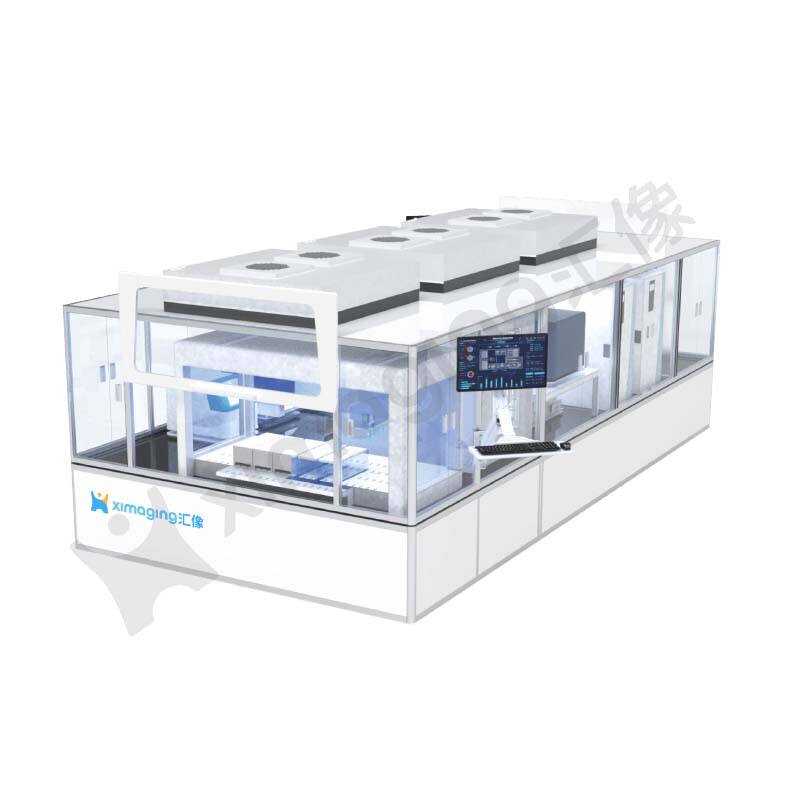In this dynamic environment, the pharmaceutical industry continues to evolve and seek more effective and efficient solutions for innovation. Automation is one strategy they are implementing to accomplish this. Automation is when machines and technology can work jobs a person does. In the pharma industry this is increasingly necessary because less hassle and less errors half the job.
Automation is awesome when it comes to making medicines. First, automation can make workers more productive. For making products, machines can work faster and more consistently than humans. This is significant since pharmaceutical companies must ensure that their products reach individuals as quickly as possible, especially in fast-changing circumstances.
Automation can also help reduce errors in creating medicines. While human beings might making mistakes machines can work near accurately. This ensures that the final product is high-quality and compliant with all rules. And, automation also diminishes waste and optimize he manufacturing process, which saves money for the pharmaceutical companies.
The pharmaceutical sector is transforming in several ways with the Automation. One big way: the use of robots in the manufacturing process. Robots are capable of performing the same jobs significantly faster and more accurately, increasing the rate of production and minimizing errors. Correctness is especially critical for the pharmaceutical industry, where the quality of medicines depends on it.

Artificial Intelligence Another wave of automation sweeping the pharma sector AI can analyze data and predict how effective various treatments are likely to be in any given case. This enables pharmaceutical companies to formulate new medicines better and faster, ensuring better outcomes for patients. AI can also automate some jobs involving searching for and testing new drugs, speeding up research.

This is quite useful in the drug development process where automation is very much needed. Previously, the process to identify and develop new medicines was labour intensive and lengthy. However, even that said, a lot of these tasks can be accomplished faster and easier now, thanks to automation. But robots can screen lots of different substances to identify potential drug candidates, a process that would have taken too long if performed by people, for instance.

Automation can ease the way to more streamlined clinical trials, too. These trials are critical to bringing new drugs to market. Technology-driven data collection and analysis allows pharmaceutical companies to conduct trials in a more efficient and precise manner, and help ensure new medicines make it to the people who need them sooner. And patients are waiting for new treatments, so that’s critical.”